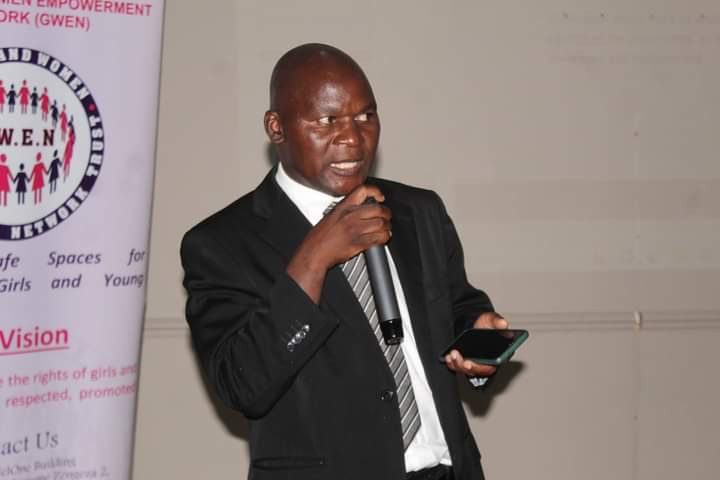
Youth rights lobby group, Girls and Women Empowerment Network (GWEN) has cited comprehensive inclusion of young people in key decision making processes as a vital element in the country's development agenda and attainment of a sustainable future.
Despite Zimbabwe experiencing a youth bulge, where demographic patterns constitute a disproportionately higher percentage of this age range, young people are often disengaged from political processes –like voting– that shape or influence their lives.
In an interview, GWEN director Kumbirai Kahiya told NewsDay that there is urgent need for collaboration between the old and young, women and men amidst a fast changing world complex.
"Youths shape the now and tomorrow of society so their effective inclusion in decision making is critical to ensure that they know and understand the processes as well as own the policies, strategies and tools they, as young people working with the older people, created,” said Kahiya.
"Those who are young today will be accountable today and tomorrow (because) we do not stay young forever and at some point we pass on the button and whoever receives it should be in a position to use policies and frameworks available to sustainably develop Zimbabwe.”
The call for inclusion comes at a time when civic society and youth representatives have bemoaned continued regression of youth participation in key platforms.
Kahiya said the nation would be doomed if youths are continuously being excluded from decision making processes.
"In future someone has to share lessons and experiences, be accountable and help find solutions and that can only be done by a young person who is included in decision making today.
- Mavhunga puts DeMbare into Chibuku quarterfinals
- Bulls to charge into Zimbabwe gold stocks
- Ndiraya concerned as goals dry up
- Letters: How solar power is transforming African farms
Keep Reading
"Secondly, as much as the older (generation) know their needs, issues, challenges and solutions, so do the youths," said Kahiya, adding that inclusion will ensure young people articulate modern issues, identify challenges and come up with practical youth-oriented solutions.
"There is a need to accept that young people are not homogeneous and what worked 30 years ago for young people will not work for today's youth and this can be achieved through enactment of inclusive policies that are informed by the youth,” she added.










